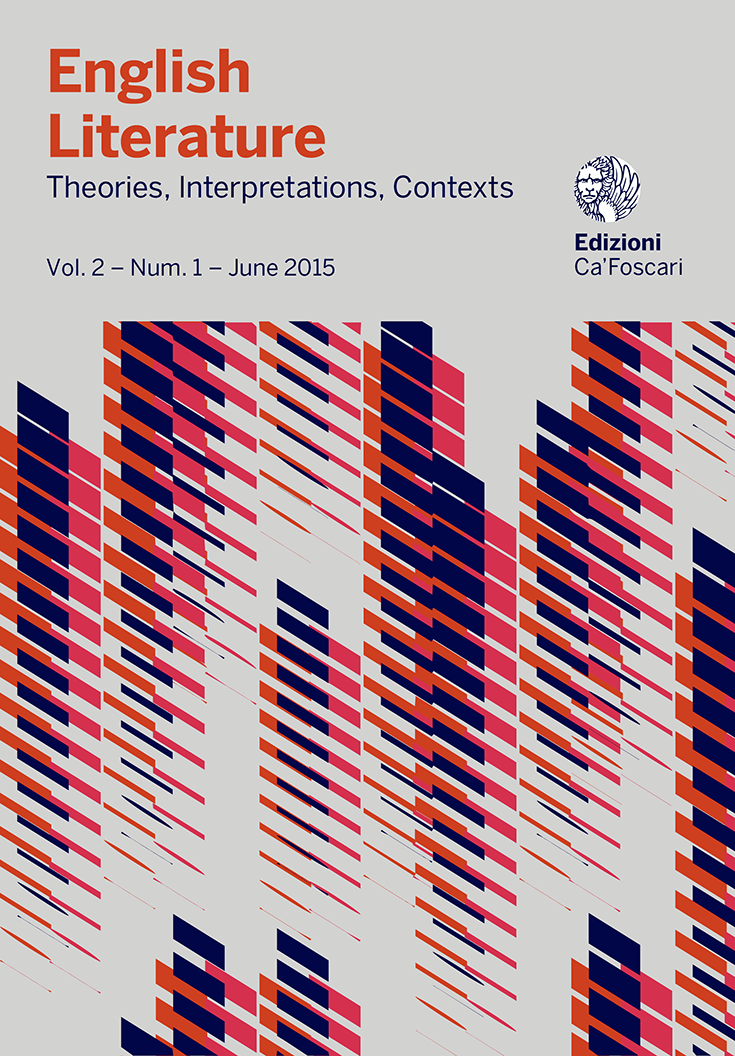
- search 433 views
- file_download 49 download
- keyboard_capslock metadata
-
mark_email_readIscriviti alla newsletter
Jonathan Swift: Defeat, Isolation, and the Price of Failed Norms
abstract
Starting with Jonathan Swift’s famous letter on the ‘falsity’ of the notion of man as ‘animal rationale’, this article investigates the role of norms and the normative in his works. The essay especially considers A Tale of a Tub, Gulliver’s Travels, the mock Marlborough-eulogy, the final ‘Stella’ poem, and the Verses on the Death of Dr. Swift. The several matters considered include Swift’s major concerns and sources of his own infelicity, such as his recollection of regicide and usurping Dissent; the threat on the established Church by a later new dynasty; his removal from England and modest political career; his fear of Irish Presbyterians and the love-hate relationship with Ireland; his poor health and long periods of physical and psychological discomfort; and the role of the concept of original sin had in his works. It then deals with Swift’s sense of collapse and loss of order before the presumed moral barbarism of his age, and his desire to resist the gloomy negative forces of history, for all of which Swift pays a high price. Finally, the article sees Swift’s greatness in his desire to continue to fight despite his unhappiness with the world; in his portrayal of the consequences of ignoring the very norms which he unpheld; and in his refusal to stop labeling corruption, wherever it might be.